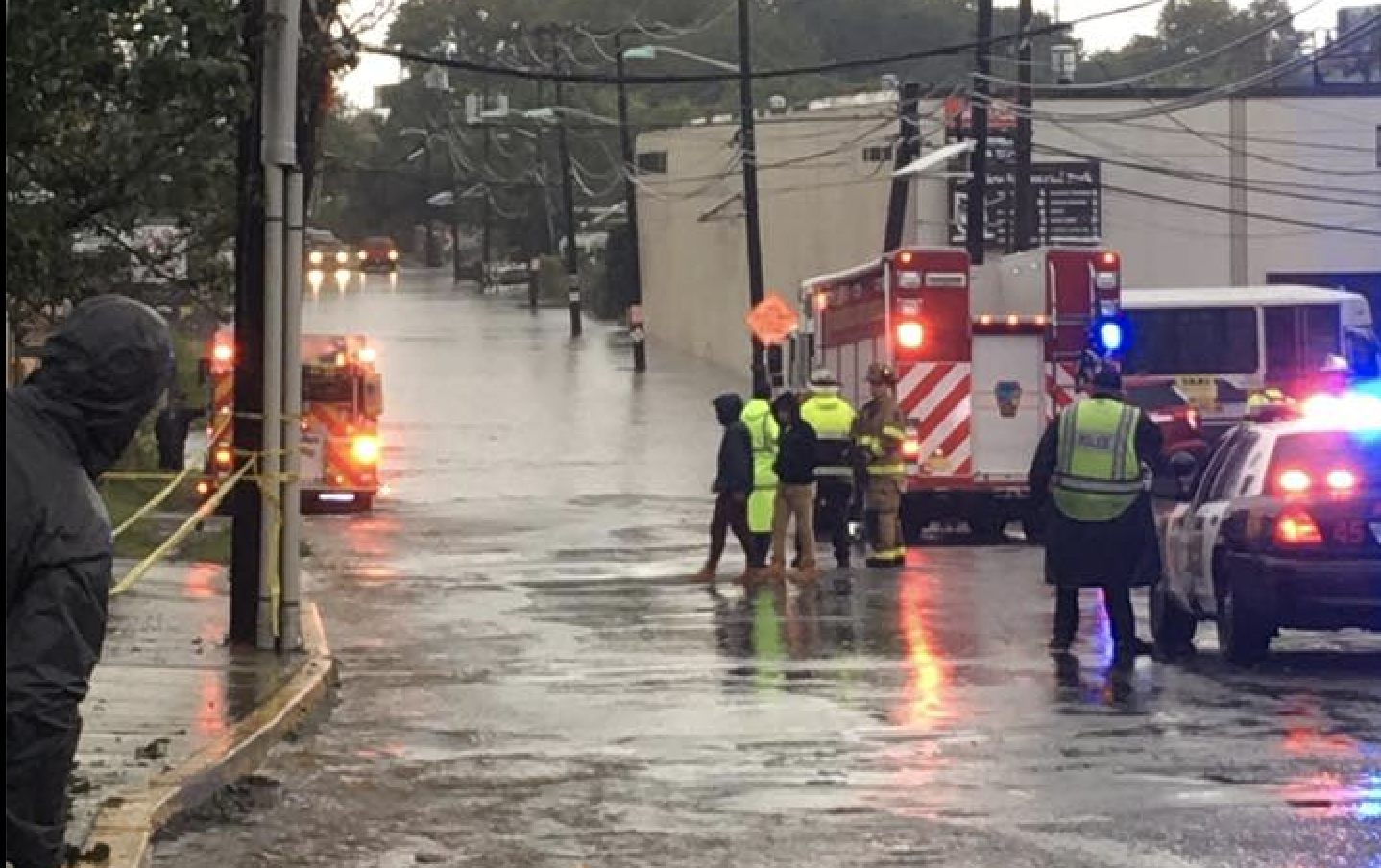Community
New Jersey Residents Invited to Speak on Reducing Wastewater Overflows in 21 Communities

The New Jersey Department of Environmental Protection (NJDEP) is giving the public the opportunity to weigh in on reducing dirty wastewater from overflowing into the Hudson River and into streets and basements in 21 New Jersey communities. The first hearing will be held on January 23 in Guttenberg and North Bergen in Hudson County, and the recommendations made during this hearing will inform similar plans for the other 19 communities.
This is a critical opportunity for residents of towns bordering the Hudson River or any community with combined sewer systems to make their voices heard. Attendees can ask NJDEP questions and make comments on how the department can ensure that all community members, especially those from overburdened communities, are engaged in the process once the permits are finalized. They can also ask about how NJDEP will make public meetings and materials accessible to all community members, prioritize green infrastructure projects as solutions, incorporate climate change and projected rainfall models into the permits, and ensure affordability for rate payers.
The New Jersey Department of Environmental Protection (NJDEP) is inviting the public to share their views on reducing dirty wastewater from overflowing into the Hudson River and into streets and basements in 21 New Jersey communities. The first virtual hearing, which will focus on the plans/permit for the Town of Guttenberg and North Bergen Municipal Utilities Authority, will be held on January 23. The recommendations made during this hearing will be used to inform similar plans for the other 19 communities.
Residents of towns bordering the Hudson River or any community with combined sewer systems can attend the virtual hearing by visiting the website https://www.nj.gov/dep/dwq/cso.htm for registration instructions. The virtual hearing will be held at 10am and 6pm.
Attendees can ask NJDEP questions and make comments on how the department can ensure that all community members, especially those from overburdened communities, are engaged in the process once the permits are finalized. They can also ask about how NJDEP will make public meetings and materials accessible to all community members, prioritize green infrastructure projects as solutions, incorporate climate change and projected rainfall models into the permits, and ensure affordability for rate payers.
If you are unable to attend the virtual hearing, written comments can be submitted via email to dwq_bswp@dep.nj.gov or via postal mail by February 13. The Sewage-Free Streets and Rivers campaign encourages members of the community to join the virtual hearing and make their voices heard on the importance of towns being sewage and wastewater free as soon as possible and in an affordable, equitable way. You can find out more about the campaign at https://sewagefreenj.org/












